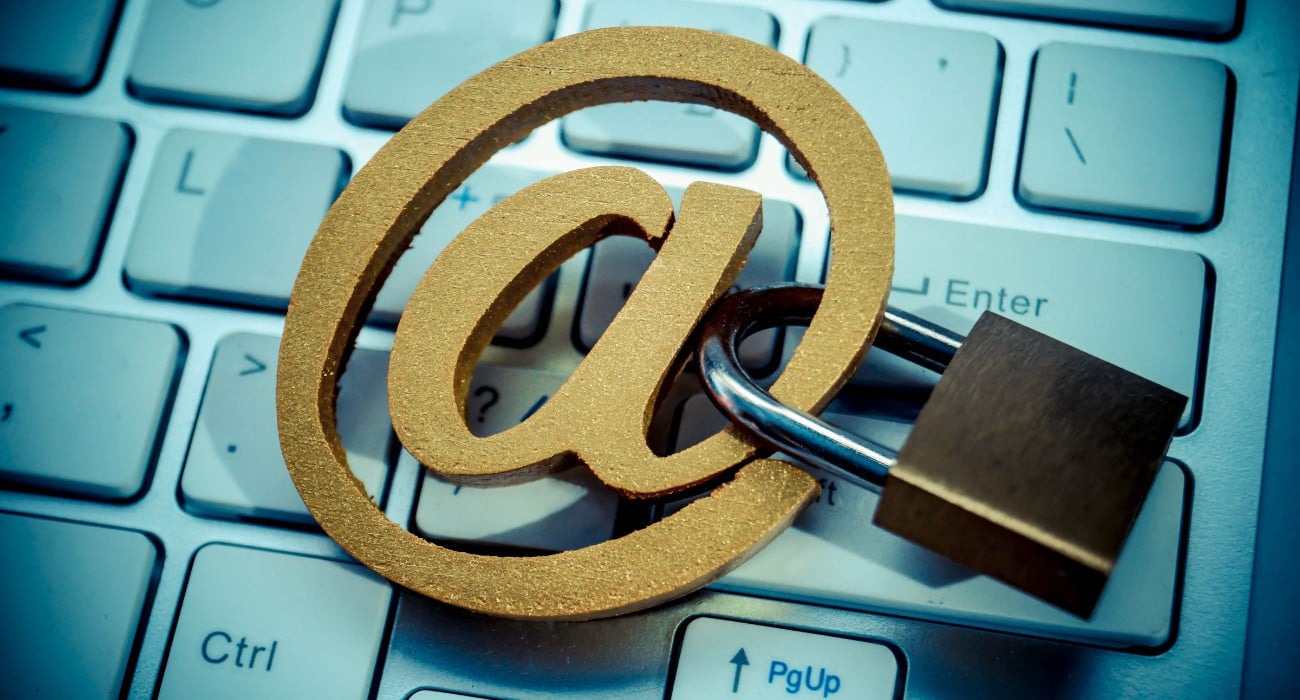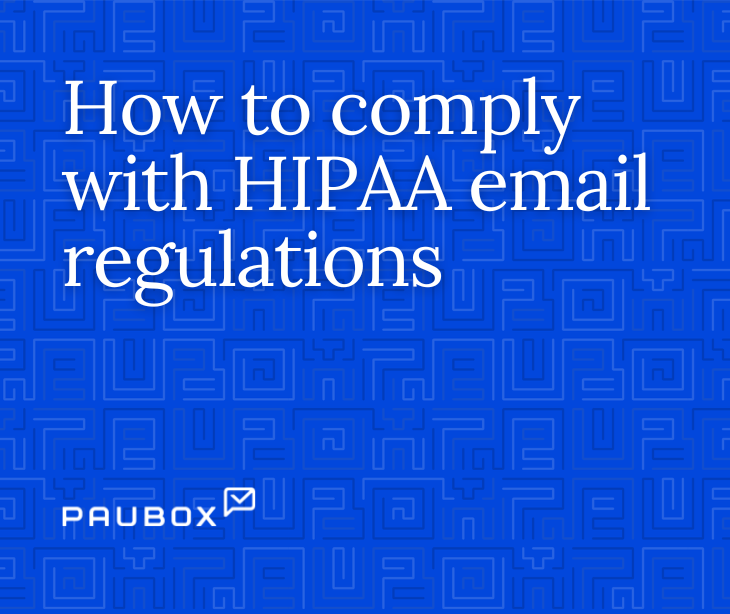2 min read
Covered entities' responsibilities for HIPAA compliant email
Liyanda Tembani
June 26, 2024

Under HIPAA, covered entities are required to encrypt emails containing PHI when sending and storing them, limit PHI access to authorized personnel, obtain patient consent or opt-in for email communication, disclose only the necessary PHI, provide secure alternatives for noncompliant email addresses, establish clear email policies, train staff on HIPAA rules, secure business associate agreements (BAAs) with email providers, monitor access to PHI emails, promptly respond to security incidents, and securely dispose of PHI emails when they are no longer needed.
Understanding HIPAA requirements for email communication
HIPAA's Security and Privacy Rules set rigorous standards for safeguarding electronic PHI. These rules mandate that covered entities implement measures to protect the confidentiality, integrity, and availability of PHI, especially during email transmission. Compliance with these regulations helps maintain patient trust and avoid legal repercussions. The HHS clarifies that "The Privacy Rule allows covered health care providers to communicate electronically, such as through e-mail, with their patients, provided they apply reasonable safeguards when doing so. "
Read more: Rules for HIPAA compliant email communications
Security measures for email communication
Encryption protects emails containing PHI by scrambling their content during transmission and storage, rendering them unreadable to unauthorized individuals and preventing data breaches.
Access controls restrict PHI email access to authorized personnel only. Robust authentication methods like multi-factor authentication (MFA) and strict user access controls ensure that only those with a legitimate need can access PHI, reinforcing security and HIPAA compliance in healthcare communications.
Related: Enhancing HIPAA compliance with multi-factor authentication
Patient communication and consent
HIPAA generally permits patient-initiated email communications with healthcare providers. However, some states require explicit patient consent (affirmative opt-in) before transmitting PHI via email. Covered entities must comply with state-specific regulations regarding patient consent for HIPAA compliant email communication.
Including only the minimum necessary PHI in email communications reduces the risk of unauthorized disclosure and protects patient privacy. Healthcare professionals should exercise discretion in disclosing sensitive information to minimize exposure. Additionally, offer secure alternatives such as HIPAA compliant messaging platforms to ensure that patients without HIPAA compliant email addresses can still communicate securely with healthcare providers.
Administrative policies and procedures
Develop clear and comprehensive policies and procedures for secure email communication. These should encompass encryption standards, access control protocols, employee training requirements, and breach response procedures to ensure consistent compliance with HIPAA guidelines.
Educating employees about safeguarding PHI in email communication and providing practical guidance enhances compliance and mitigates risks effectively. Covered entities must also establish BAAs with third-party email service providers. These agreements outline the responsibilities of the provider in protecting PHI and ensure compliance with HIPAA regulations when outsourcing email services.
Ensuring compliance and mitigating risks
Implementing robust audit logs and monitoring mechanisms enables covered entities to track access to PHI emails. Regular audits help detect and promptly address unauthorized access or potential security incidents, ensuring timely mitigation and compliance with HIPAA requirements.
Healthcare organizations must have well-defined procedures for responding to and mitigating security incidents involving PHI communicated via email. Prompt identification, containment, and remediation of breaches uphold patient trust and demonstrate commitment to HIPAA compliance.
Additionally, establish procedures for securely deleting or archiving PHI emails when they are no longer needed. Proper disposal methods mitigate the risk of unauthorized access and ensure compliance with HIPAA's retention and disposal requirements.
FAQs
Are there guidelines on how long PHI emails should be retained under HIPAA?
HIPAA requires covered entities to retain PHI emails for at least six years from the date of creation or the date it was last in effect, whichever is later. State laws may impose longer retention periods.
Can covered entities send PHI via regular email in emergencies or urgent situations?
HIPAA allows covered entities to use unencrypted email for transmitting PHI in emergency or urgent situations. However, they must implement encryption as soon as possible and document the emergency use.
Can email be used to communicate PHI with patients who request information about their health records?
Covered entities can use email to communicate PHI with patients who request access to their health information. However, they should ensure the email is sent securely, using encryption or other HIPAA compliant methods to protect patient privacy.
Subscribe to Paubox Weekly
Every Friday we'll bring you the most important news from Paubox. Our aim is to make you smarter, faster.



